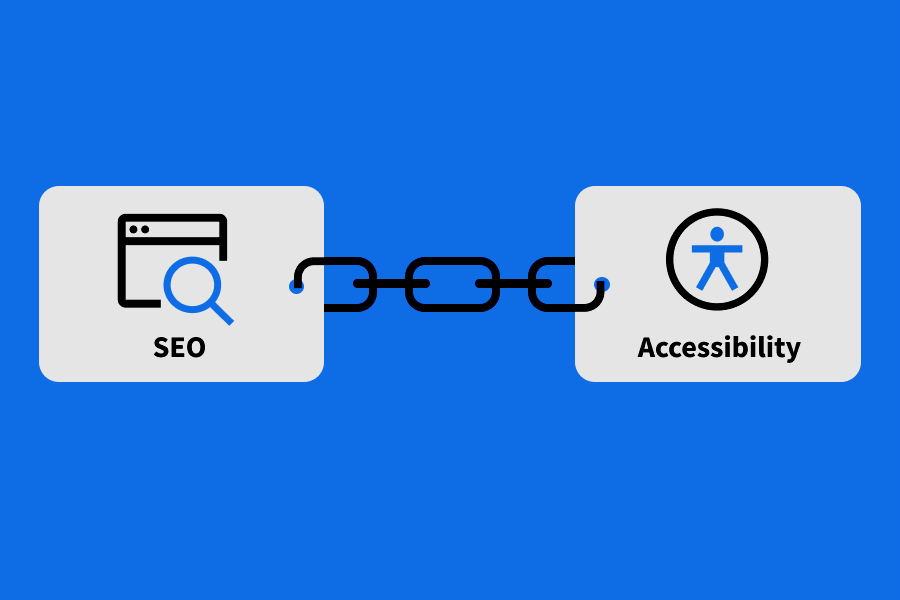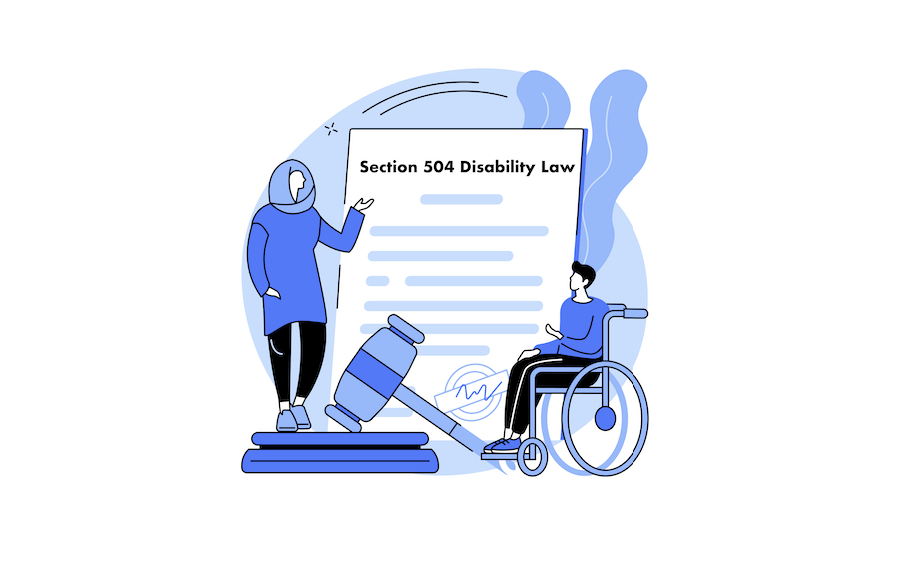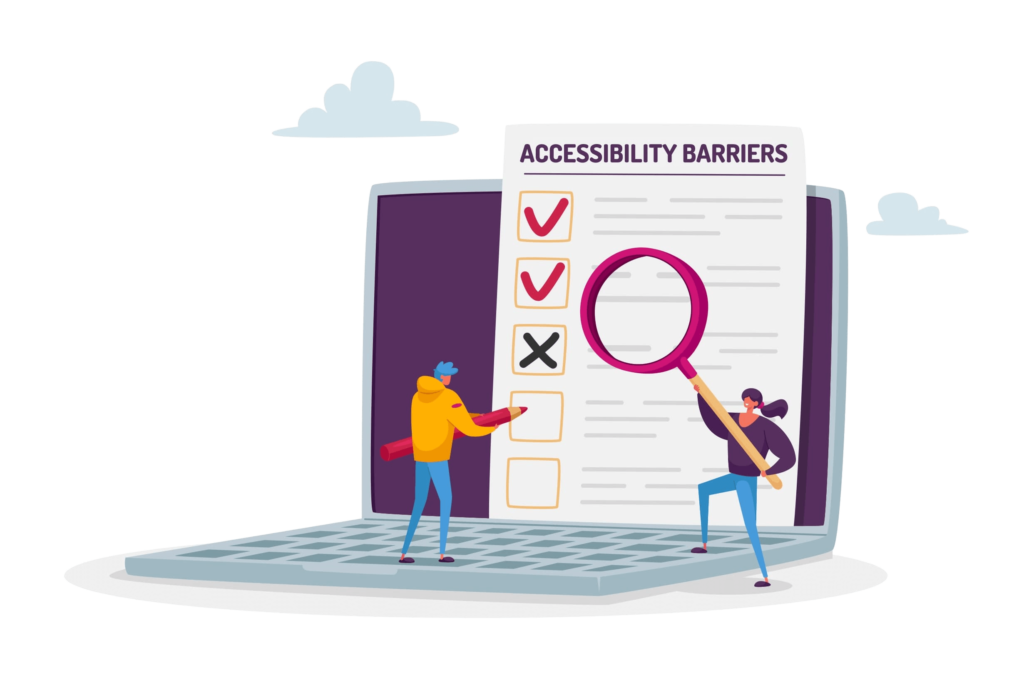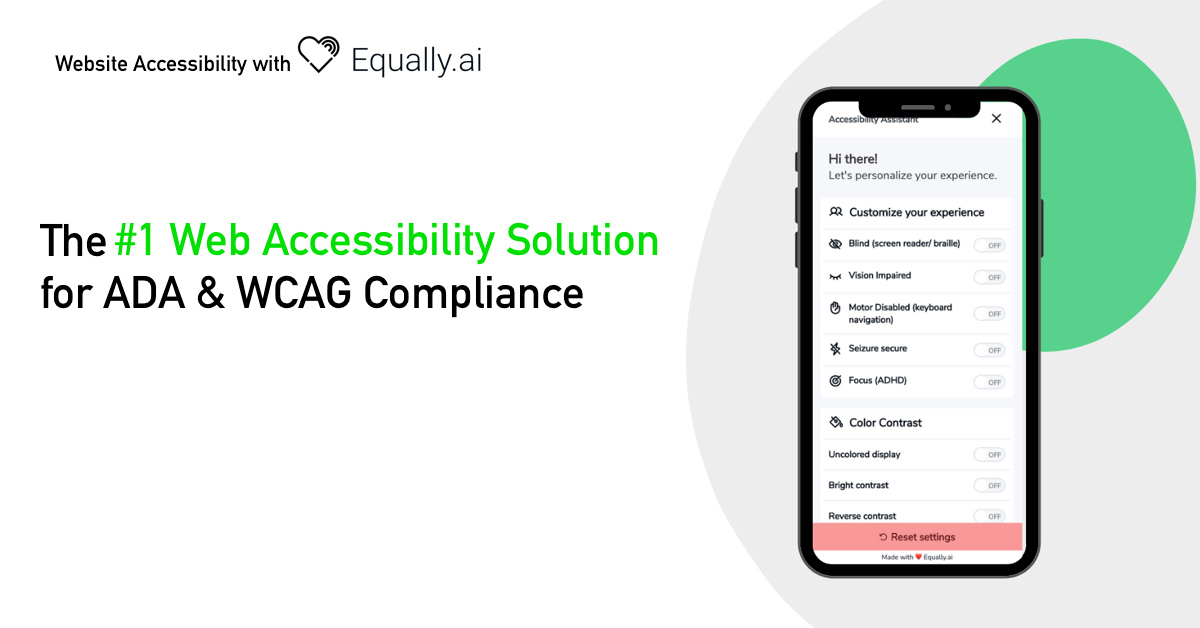
You probably can start your business in Alabama, Florida, and Georgia, without having to worry much about being sued for any Americans with Disabilities Act (ADA) lawsuit. However, if it were to be in any Western region states in the U.S., website accessibility has become a top priority. All thanks to the diverse interpretation of section III of the Americans with Disabilities Act between the court Eleventh Circuit court and the Ninth Circuit, respectively. Known as a ‘Circuit Split,’ the recent decision on Winn-Dixie ADA Lawsuit begs for clarification whether websites are amongst the “places of public accommodations” as covered by the ADA.
Winn-Dixie ADA lawsuit
On April 7, 2021, the court of appeals for the Eleventh Circuit made a final decision on plaintiff Gill v. Winn-Dixie ADA Lawsuit, reversing Florida federal district court’s judgment that Winn-Dixie is liable under the Title III of the American with Disabilities Act (ADA) by having an inaccessible website. Plaintiff Juan Carlos Gill filed legal action against grocer Winn-Dixie in 2017 for not having a website that is accessible due to his disability. Mr. Gil is blind and could not use his screen reader software to download coupons, find store locations, and order prescriptions via the grocer’s website. He had patronized the grocer’s physical stores for about 15 years before knowing its online prescription orders. Unfortunately, Winn-Dixie was found guilty of violating the ADA, and as a result, the Florida federal district court ordered injunctive relief to Mr. Gil. The court also awarded the plaintiff his attorneys’ fees and costs.
The Significance of Gil’s Victory
As issued by Florida federal district court in favor of Gill, the verdict was never obligatory on any other federal judges or court. However, it was significant. Here’s why:
First, the judgment on the Winn-Dixie ADA lawsuit was the first to hold, after a full trial, of a public accommodation that violated the ADA. Thus, it was a significant factor in determining whether businesses will settle or prosecute similar cases that come afterward. The judgment, however, frowned at the denial of individuals with disabilities, including Gill, the opportunity to participate and benefit from the services, goods, privileges, facilities, advantages, and accommodations provided through its website.
Second, the verdict authorized the adoption and implementation of web accessibility policies that conform to the World Content Accessibility Guidelines (WCAG) 2.0 criteria, which was, as at that time, a privately developed set of criteria. This edged out WCAG guidelines as de facto standard criteria for making websites accessible.
Third, the court’s draft order held Winn-Dixie responsible for all accessibility issues of the entire third-party vendors that choose to operate within its website. This implies that the grocer has a legal responsibility to oblige any participating third-party vendor on the website must be fully accessible to disabled users.
Fourth, the court did not contemplate the $250,000 cost the grocer would incur in making its website accessible. It was said to be “pale compared to the amount Winn-Dixie spent to open the website in 2015 and to remake it a year after -an amount of $2million and $7million, respectively.
As a result, Gill’s victory has probably influenced plaintiffs to demand their rights via the lawsuits that were filed afterward. One would likely conclude that every outcome of ADA violation claims will favor the complainant until the recent overturn.
Reasons for the Winn-Dixie ADA Lawsuit Overturn
In the recent hearing, after plaintiff Gill and grocer Winn-Dixie were given the benefit of oral argument, the court of appeals for the Eleventh circuit then overturned the district court’s judgment in favor of the accused. And here, it gets interesting:
The court findings show that Winn-Dixie only sells goods in its physical stores and not directly through its sites, except that customers can re-fill existing prescriptions for in-store pickup. The site also links digitalized coupons to customers’ reward cards, which are applied automatically at checkout and at a physical store. Hence, no goods or services could be purchased on the website.
Besides, the prescription pickups and redemption of coupons can only be initiated on the website as an option; they all must be completed in-store. Hence, the grocer did not violate the ADA because its website is not a place of public accommodation.
While the court acknowledged “the plaintiff could state a claim for Winn-Dixie’s violation of the ADA if he could show a piece of concrete evidence to that effect,” findings show that the Winn-Dixie website does not pose an “intangible barrier” to the plaintiff’s access to goods or services, privileges or advantages of its physical stores. Moreover, a public accommodation under Title III of the ADA does not include websites. So, are there any contradictions?
Contradictions with Previous ADA Lawsuits
The ruling contradicts the 2019 Robles v. Domino’s case. However, the Eleventh Circuit emphasized that purchases could be made on the pizza giant’s website, unlike Winn-Dixie’s. The court rejected the Ninth Circuit’s position that the ADA protects a website with a “nexus” to a physical place of public accommodation.
The court also differentiated this case from its previous judgments in Rendon v. Valleycrest Productions, Ltd. It maintained that “the producers of the game show -Who Wants to Be A Millionaire, disregarded the Americans with Disabilities Act by providing only a telephonic means. In the Winn-Dixie ADA lawsuit, the website had ‘limited functionality and was ‘not a point of sale.’ On the other hand, the game show was not accessible to people who were deaf or had limited dexterity.”
The Circuit Split; Website as a “Place of Public Accommodation”
Congress passed the Americans with Disabilities Act in 1990 and amended it in 2008. Nevertheless, the courts of appeals for the Eleventh Circuit and the Ninth Circuit, respectively, have translated places of public accommodations in divergent ways. For the Eleventh Circuit, “the twelve types of locations as unambiguously and clearly described in Title III of the ADA are real, physical places, excluding websites.
This means that a plaintiff must demonstrate that the website’s inaccessibility hindered them from accessing the goods or services, privileges, or advantages of the said ‘physical place of public accommodation.’ On the other hand, a complainant would only have to demonstrate that an inaccessible website has a “nexus” to a ‘physical place of public accommodation’ to establish ADA liability in the Ninth Circuit to have their way.
As a result, businesses in the Eleventh Circuit states –Alabama, Florida, and Georgia –will probably worry less about being sued for web inaccessibility due to the decision on the Winn-Dixie ADA lawsuit. Also, businesses located in Western states will have to worry and make their websites accessible. This is because ADA lawsuits within these states will have to follow the interpretation of the Ninth Circuit.
Perhaps, you are thinking, “what if my business is nationwide and a plaintiff is suing me in the Ninth Circuit states?” Also, “Can a plaintiff try a different circuit that has favorable records, even when the circuit does not cover my business location?”
Well, there is an increased possibility that the U.S. Supreme Court is taking up web accessibility lawsuits now, as a result of the divergent stances between the Eleventh Circuit and the Ninth Circuit with regards to whether an inaccessible website violates the ADA or not. Besides, plaintiffs can always try other different circuits where the previous records are more favorable, significantly if their accused does business nationwide.
Nonetheless, this will probably not reduce the number of website accessibility cases filed. Henceforth, since there are different platforms to report these cases as they come, website owners are avoiding accessibility lawsuits by integrating the best web accessibility solutions.












